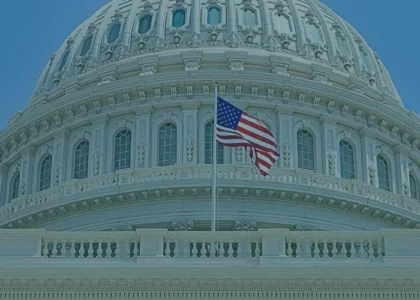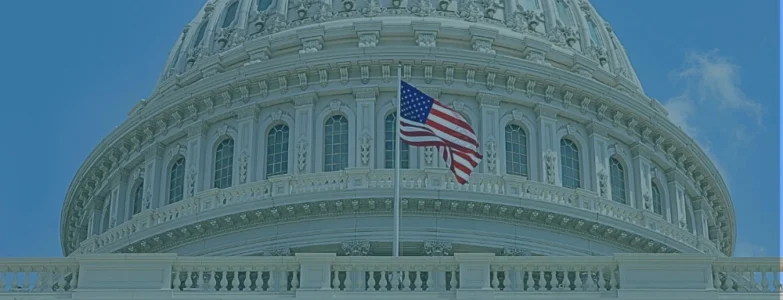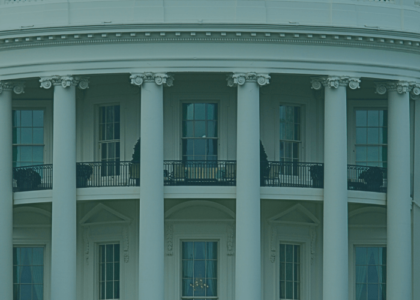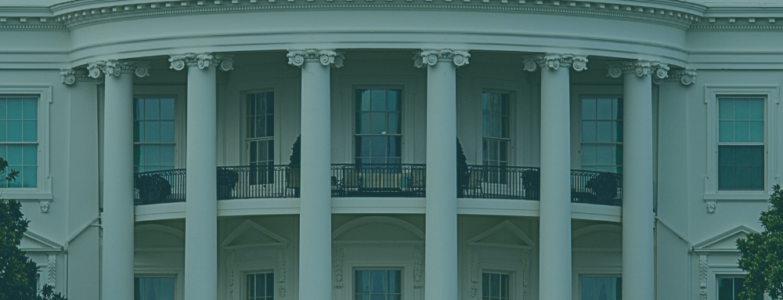By The Guillen Pujol CPAs Newsroom
In a move with sweeping implications for financial oversight, the House Financial Services Committee has advanced legislation–– approved along strict party lines (30-22) –– (The Wall Street Journal) that would dismantle the Public Company Accounting Oversight Board (PCAOB) and transfer its authority to the Securities and Exchange Commission (SEC). Backed by Republican lawmakers, the proposal is framed as a bid to streamline regulation. However, it has ignited urgent debate over the potential erosion of investor protections and the long–standing guardrails of audit integrity.
What is the Public Company Accounting Oversight Board?
The Public Company Accounting Oversight Board (PCAOB) is a non-profit corporation established by Congress to oversee audits of public companies within the United States. It was created in 2002 in response to several high-profile accounting scandals like Enron, Worldcom, and Tyco International. Its primary function is to provide independent oversight of audits for publicly traded companies. Additionally, it ensures transparency, investor protection, and the integrity of financial reporting. For over two decades, the PCAOB has been a cornerstone of audit credibility.
The PCAOB has four duties:
- Registers accounting firms to audit public companies
- Sets standards for audits, ethics, and quality control
- Conducts inspections of registered firms
- Investigates and disciplines firms and individuals who breach auditing standards
Why the Push for Change Now?
This legislation is part of a broader Republican effort to reduce what they describe as “redundant oversight.” It is being argued that consolidating the PCAOB’s duties under the SEC would streamline regulation and eliminate unnecessary administrative layers. Alternatively, critics argue that this move would weaken regulatory safeguards at a time when businesses and investors need them most. PCAOB chair Erica Williams, in an interview with Yahoo Finance, warned that the PCAOB’s mission is as important as ever. As we know, when the economy is in a tight position, the risk of fraud increases significantly. She mentions, “With millions of Americans invested in the stock market, including through 401(k)s and pensions, auditors need to perform their audits with more care than ever. Now is not the time for a major disruption in audit oversight.”
What It Could Mean for Your Business
If this legislation becomes law, the terrain of audit oversight will not merely shift – it will be redrawn. For publicly traded companies, that could mean adapting to a new regime whose contours remain, at best, indistinct. Compliance procedures could change midstream. Regulatory certainty, also known as the bedrock of investor confidence, could become a moving target.
For private firms with ambitions to go public, the implications are equally sobering. A restructured system may bring unfamiliar audit expectations. Nevertheless, this would require businesses to recalibrate their strategies while navigating an evolving rulebook.
Critics from across the profession have raised a fundamental question: Can the SEC – already burdened with broad regulatory mandates – absorb the specialized, global functions of the PCAOB without loss of rigor or reach? The answer is far from clear. What is clear is that duplicating oversight while disrupting an established system would not only introduce new costs, but risk weakening the very structures investors rely on for truth and transparency. In uncertain times, clarity is a service. That’s where we come in. At Guillen Pujol CPAs, with more than three decades of experience at the intersection of compliance, audit, and strategy. We do more than track the shifts – we help you lead through them. Whether you’re preparing for growth or ensuring readiness as a public company, we are committed to helping you navigate what’s next with foresight, focus, and calm.
What’s Next for the PCAOB?
The bill still needs to pass the full House and Senate, where it may face stiff resistance from Democrats and some moderate Republicans. If signed into law, it would mark the most dramatic change in audit regulation since the Sarbanes-Oxley Act.
While the future of the PCAOB remains uncertain, what’s clear is that this decision could reshape the landscape of audit transparency, regulatory accountability, and investor trust for years to come.
We will continue to monitor this legislation closely and keep you informed about how it may impact your audit requirements, compliance strategies, and overall financial transparency.
About Our Firm
At Guillen Pujol CPAs, our Miami firm specializes in high-income tax planning, international tax services, tax management, capital gains tax foreign property, outsourced bookkeeping and controller services, among others tax advisory solutions. Our team of experienced tax professionals has helped thousands of clients navigate complex regulations. This includes areas like Corporate Transparency Act compliance, ensuring compliance and optimal tax management strategies. As leading experts among Miami CPA firms, we are committed to providing exceptional tax consulting services tailored to your needs.
Take Action Now: Need professional tax guidance? Contact us today.
Planning Tomorrow, Together, with GPCPAs.
Trusted by Businesses Worldwide
Editor’s Note: This post is part of the ‘The GPCPAs Info Hub,’ an initiative dedicated to empowering you with the knowledge and strategies needed to navigate the complexities of the U.S. tax system and financial strategies. Visit our Information Hub, a curated resource offering the latest in tax, economic, and business news, alongside actionable guidance on tax strategies, accounting, and business advisory—because Planning Tomorrow, Together starts here.
- How the OBBBA is Transforming U.S. Tax Planning—and Why You Need Expert Help
- Florida Eliminates Sales Tax on Commercial Rentals: What Landlords and Tenants Need to Know
- What Business Owners Should Do Now that the ‘One, Big, Beautiful Bill’ is Law
- 2025 SALT Deduction: How Business Owners Can Secure Tax Savings Amid Congressional Split
- TCJA Expiration 2025: What If Trump’s Tax Cuts End? Key Impacts for Business Owners











